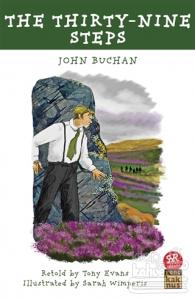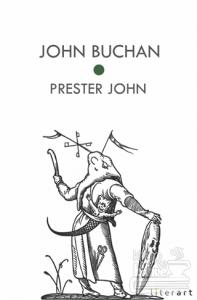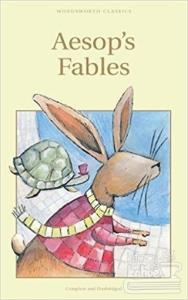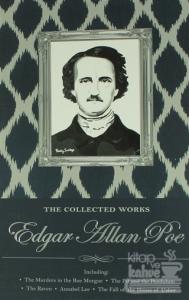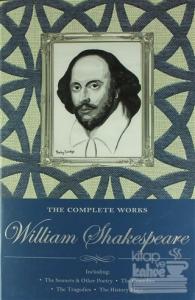
Buchan was a journalist and war correspondent, a Member of Parliament and a statesman, a barrister, a historian, and a biographer, but he was best known as a writer of spy thrillers, including The 39 steps. He spent his youth on the ruggedly beautiful Scottish coast, a landscape that influenced much of his work. While a student at Oxford, he published four novels, and after studying law in London was admitted to the bar in 1901. He married Susan Grosvenor, great-great-niece of the Duke of Wellington, and had four children. In his early fiction, Buchan devised the chase plot that was one of his basic themes, as was his perennial belief that civilization is "a thread, a sheet of glass, easily pierced." Buchan saw life in terms of a battle between good and evil--another idea which is present in all his fiction. He defined the kind of thrillers he wrote as romances "where the incidents defy the probabilities, and march just inside the borders of the possible." In addition to thrillers, Buchan wrote historical novels, the first of which traces a line from a Viking king to Abraham Lincoln. From 1927 to 1935, Buchan was an M.P.; in 1935 he was made Baron Tweedsmuir and was appointed Governor-General of Canada, after which he traveled widely in Canada and the U.S., always continuing to write. His final work, Sick heart River, appeared in 1941 after Buchan's death. In all, he wrote 30 novels and more than 70 other books, including biographies, short stories, and memoirs.
Buchan was a journalist and war correspondent, a Member of Parliament and a statesman, a barrister, a historian, and a biographer, but he was best known as a writer of spy thrillers, including The 39 steps. He spent his youth on the ruggedly beautiful Scottish coast, a landscape that influenced much of his work. While a student at Oxford, he published four novels, and after studying law in London was admitted to the bar in 1901. He married Susan Grosvenor, great-great-niece of the Duke of Wellington, and had four children. In his early fiction, Buchan devised the chase plot that was one of his basic themes, as was his perennial belief that civilization is "a thread, a sheet of glass, easily pierced." Buchan saw life in terms of a battle between good and evil--another idea which is present in all his fiction. He defined the kind of thrillers he wrote as romances "where the incidents defy the probabilities, and march just inside the borders of the possible." In addition to thrillers, Buchan wrote historical novels, the first of which traces a line from a Viking king to Abraham Lincoln. From 1927 to 1935, Buchan was an M.P.; in 1935 he was made Baron Tweedsmuir and was appointed Governor-General of Canada, after which he traveled widely in Canada and the U.S., always continuing to write. His final work, Sick heart River, appeared in 1941 after Buchan's death. In all, he wrote 30 novels and more than 70 other books, including biographies, short stories, and memoirs.



